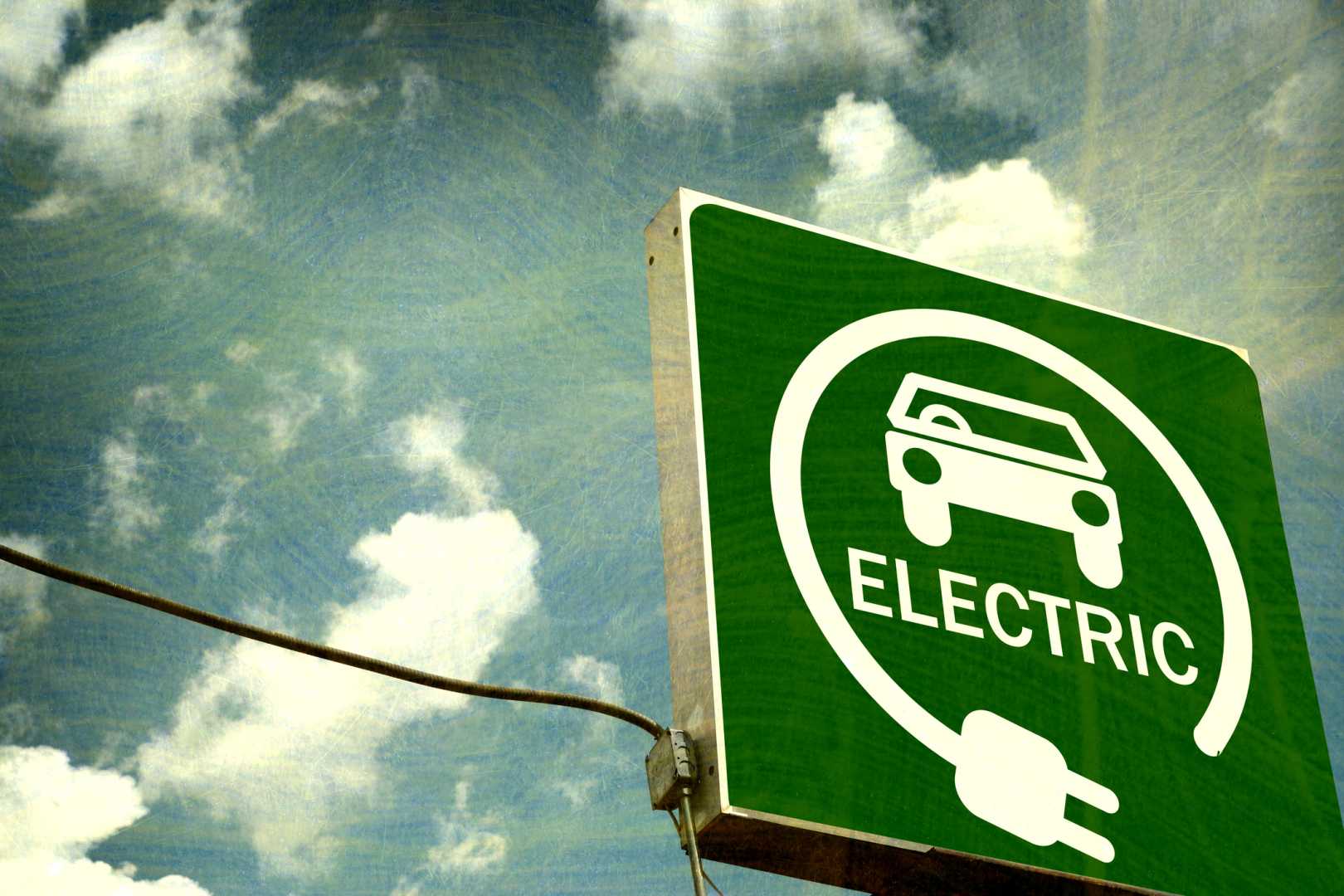News
Urgent: Clean-Energy Tax Credits Set to Expire Soon

WASHINGTON – Homeowners hoping to take advantage of tax credits for energy-efficient upgrades and electric vehicles must act quickly as many incentives are set to expire by the end of the year. Certain credits, such as the clean vehicle tax credit, are due to end as early as September 30.
Tax incentives included in the Inflation Reduction Act of 2022 were created to help Americans afford cleaner energy options and reduce greenhouse gas emissions. These incentives cover various home upgrades, like solar panels, heat pumps, and energy-efficient appliances, with potential savings of thousands of dollars.
“There is still time, but the clock is ticking,” said Zach Pierce, head of policy at Rewiring America, a nonprofit that promotes electrification. “Consumers who want to benefit from these credits should begin their projects soon.”
For example, homeowners can receive a tax credit of $2,000 for purchasing a heat pump. If this purchase is documented on their tax returns, it results in a lower tax bill. However, maximum annual credits exist; most home improvements are capped at $1,200, while certain larger projects like geothermal heat pumps can earn 30% of the total cost.
Although these credits were initially scheduled to last until between 2032 and 2034, recent Congressional decisions have accelerated their expiration. The clean vehicle tax credit, worth $7,500 for new electric vehicles and up to $4,000 for used ones, expires soon, urging prospective buyers to act immediately.
Olivia Alves, a senior associate with the nonprofit RMI, explained that the clean vehicle tax credit can often be applied at the point of sale at dealerships, allowing buyers to see savings on the day of purchase.
Homeowners planning upgrades are advised to start with an energy assessment to identify projects that can maximize savings. After that, installing solar panels should take priority, as many installers are already booked solid for the year.
In contrast, smaller improvements like insulation and efficient windows are easier to schedule. Bigger installations, such as heat pumps, may face less backlog but are often more expensive.
As the deadline approaches, consumers who qualify for tax credits need to be aware that any unused credit for home efficiency improvements cannot be carried forward. However, credits for major residential clean energy projects can be carried over under certain conditions.
Rewiring America suggests consulting with tax advisers given the accelerated credit expiration, which remains uncertain going forward.












